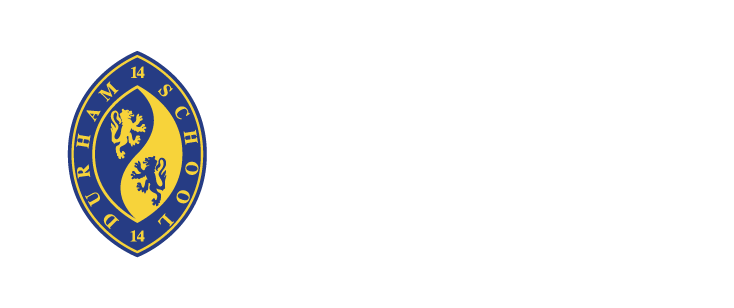Key Stage 2
Durham School for Girls Doha aims to inspire a lifelong appetite for learning in a caring environment
that will develop emotional, moral and spiritual strength for future leaders.
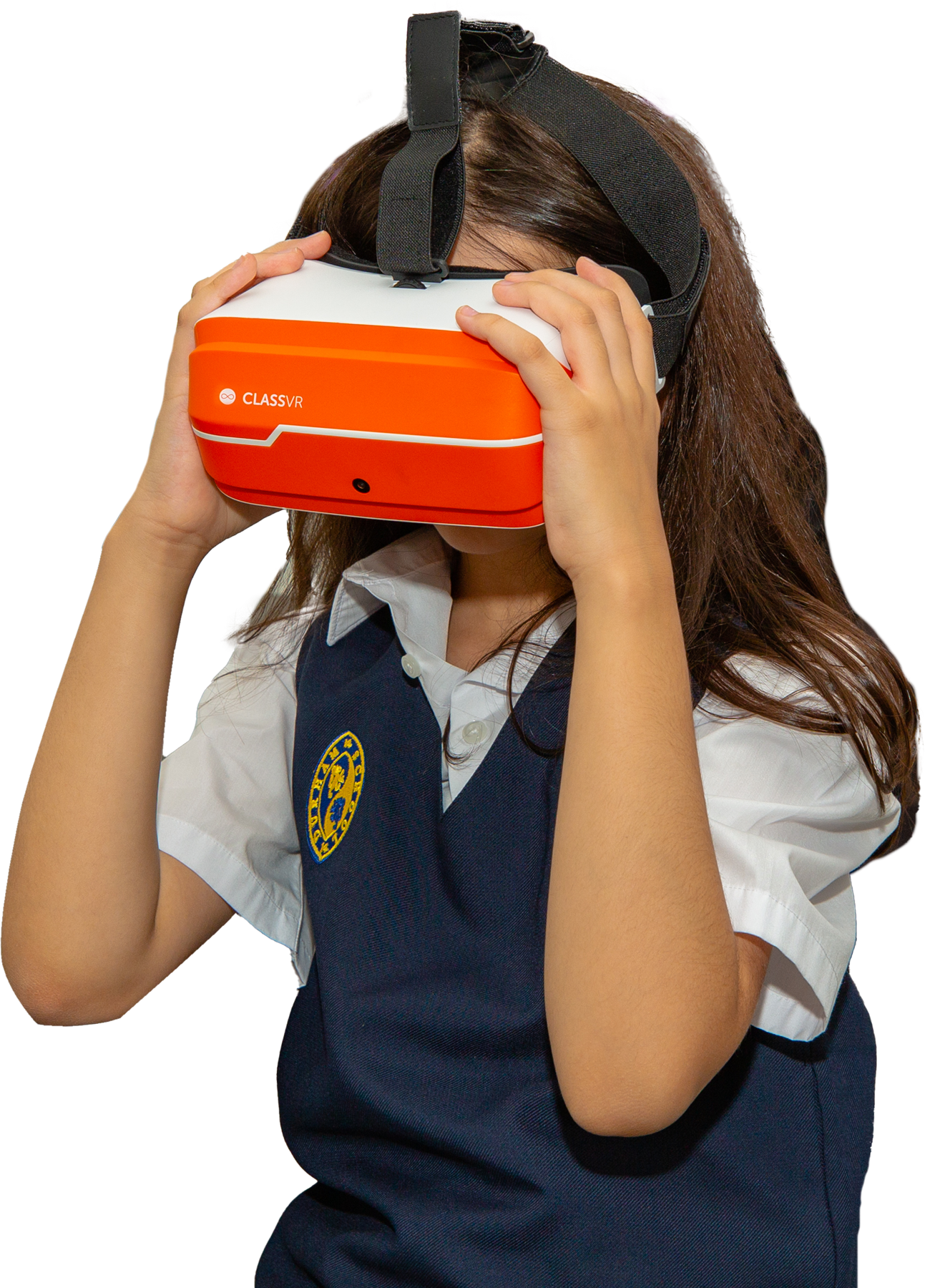
KEY STAGE TWO CURRICULUM.
1. Overview
The pupils have a dedicated play area featuring a range of facilities, as well as a playing field providing opportunities to participate in team games. All classrooms have interactive whiteboards to support the girls’ learning. There are two breaks during the school day. The girls get the opportunity to play outdoors (in cooler weather) and eating a school dinner in the canteen
The structure of the curriculum is as follows:
- English – (Phonics) Reading, Writing and Speaking and Listening
- Math’s
- Thematic Topic (History, Geography, Science)
- Music
- Physical Education including Swimming.
- Art and Technology
- Computing and Design
- Arabic, Islamic and Qatari History. (Ministry of Education Qatar)
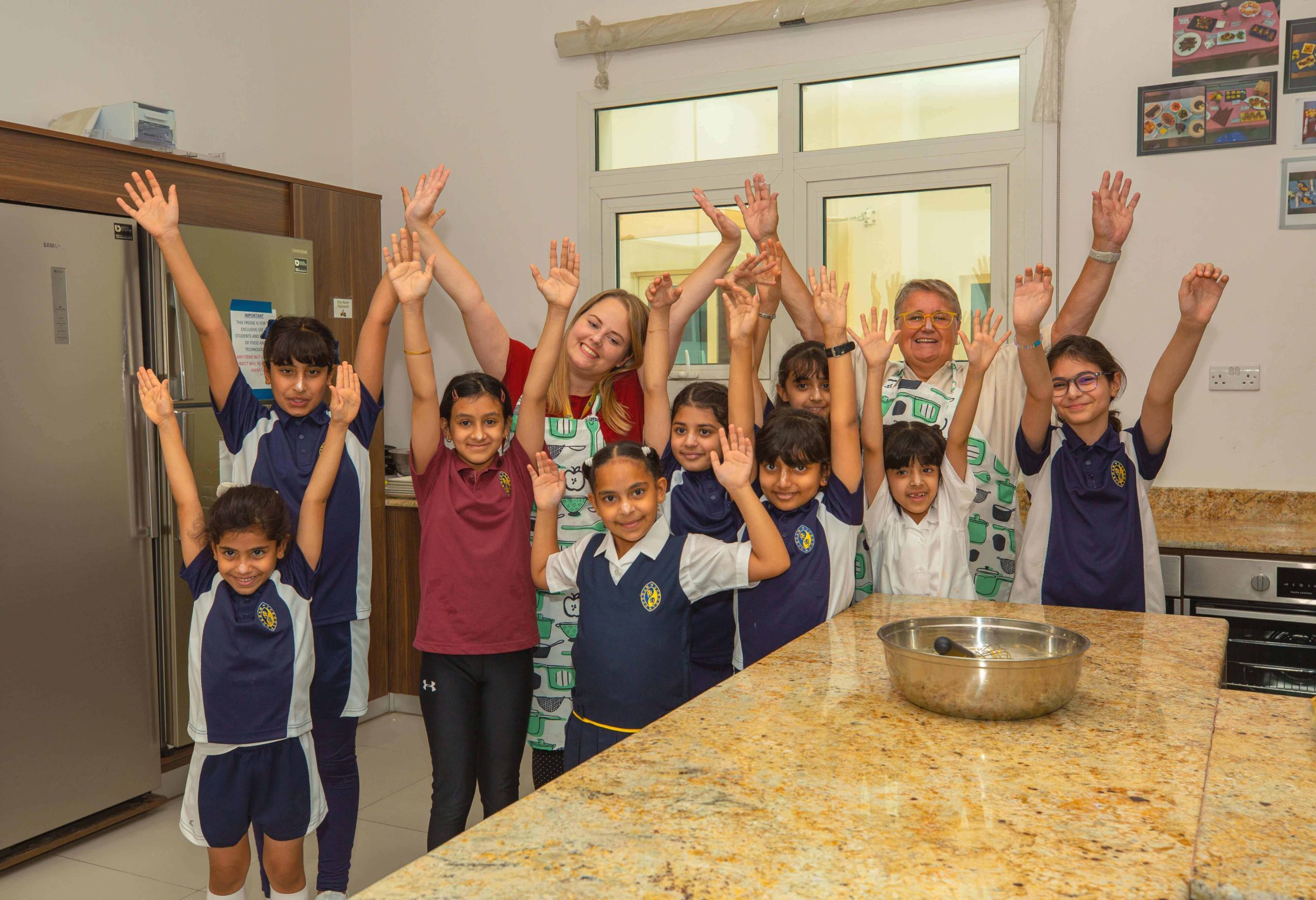
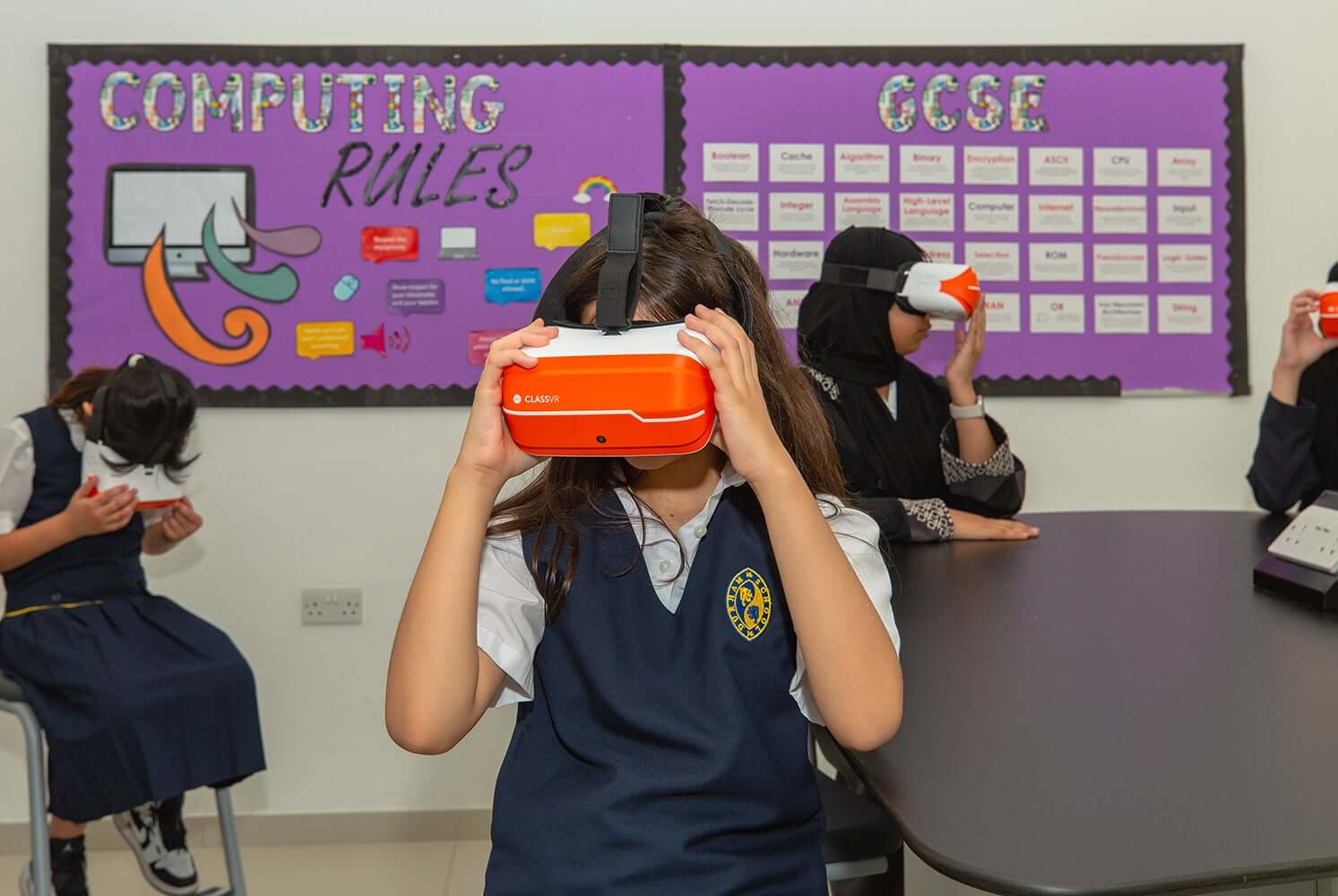
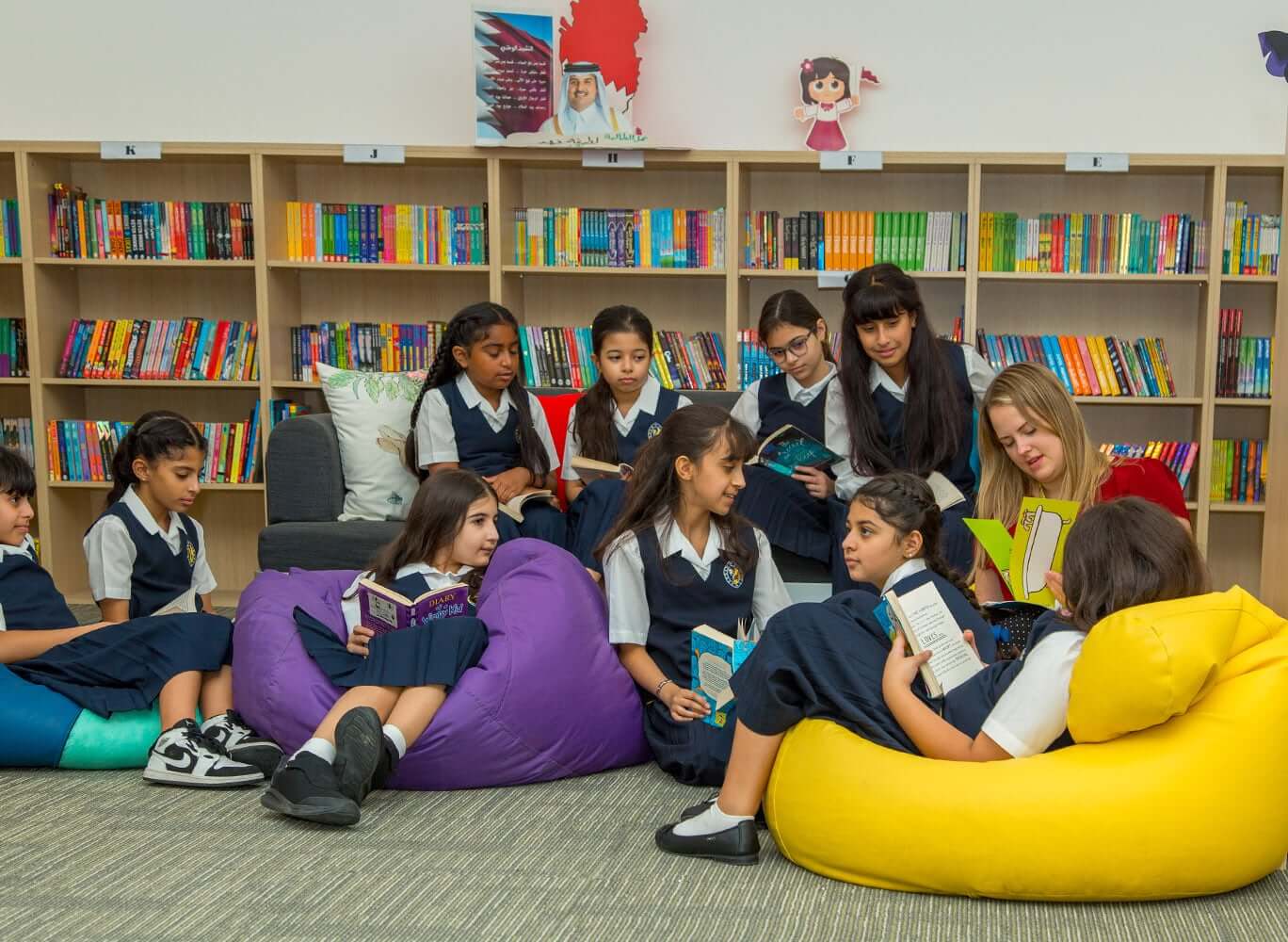
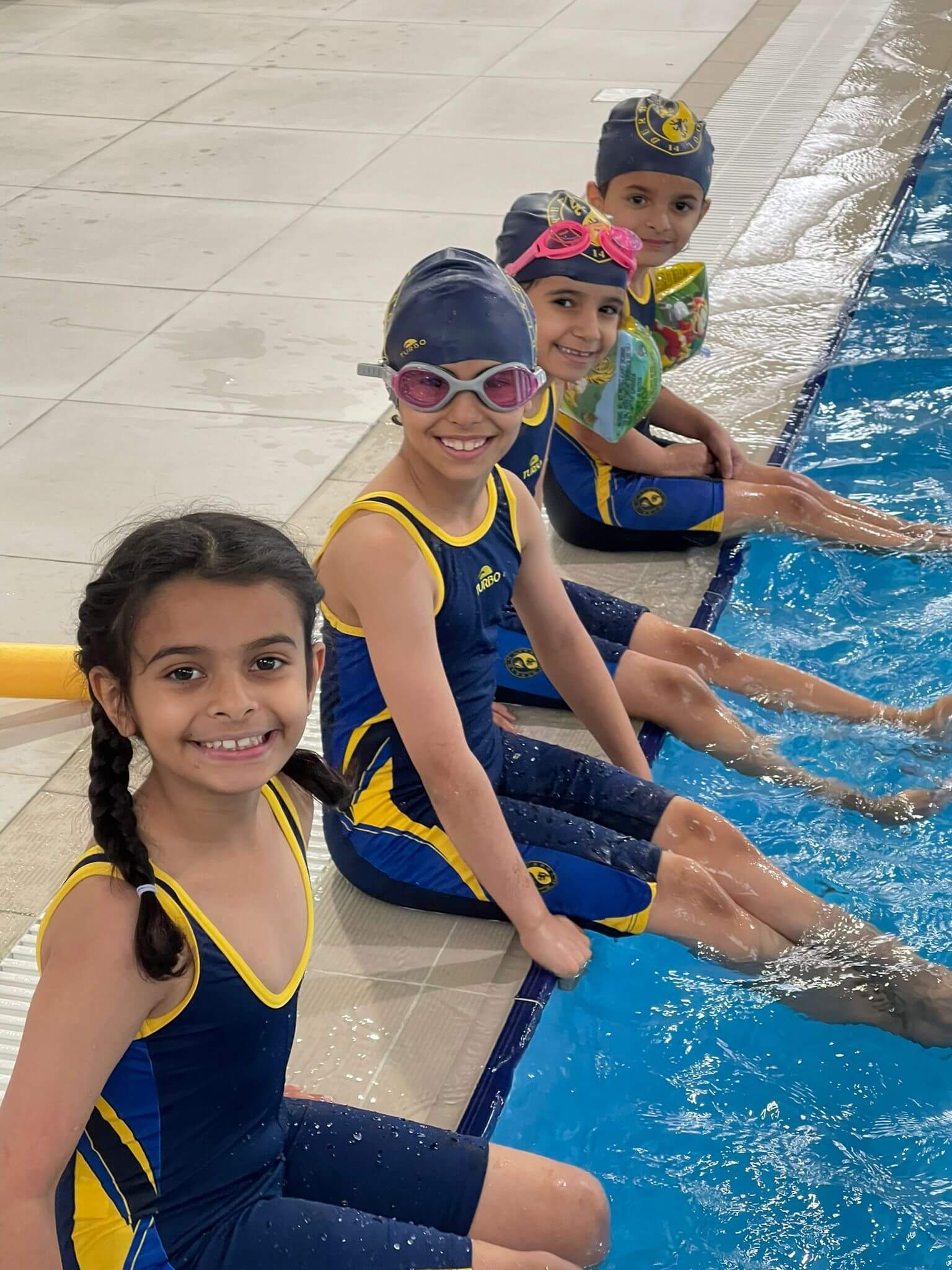
KS2 children will continue to follow the Oxford Reading Tree for reading, however, during KS2, they will become free readers. They will also continue with Talk for Writing and will start to Debate. For Maths, we will be using ‘Maths – No Problem’.
We continue our exciting thematic curriculum throughout Years 3-6. All subjects, including Science, History and Geography, are taught through themes, however, the themes become more in depth and more subject focused. Some examples of the themed questions used are:
We will be following the Curriculum by the Ministry of Education Qatar for Arabic, Islamic Studies and Qatari History. This will be supported with additional Arabic Reading Schemes and songs. Wherever possible, the pupils are taken out of school for activities that support and enrich the curriculum. Specialist teachers will be leading in Art & Design, Music, Swimming and Computing.
2. Why Arabic, Islamic and Qatari History are important
The Arabic language is one of the most important languages, not only today, but throughout human history, due its position among Arabs and Muslims in general.
This importance is reflected in its extraordinary ability to preserve the originality and complexity that characterizes Arabic as a language that has existed for tens of centuries, in addition to the richness of its lexicon, which allows speakers to express everything with extreme accuracy.
The Arabic language is key to understanding the Holy Qur’an and the sayings of Prophet Mohammed, peace be upon Him. Understanding the Qur’an and the Prophetic Sunnah requires an accurate proficiency in the Arabic language.
Islamic Studies is characterized by the fact that its first and last goal is to create a righteous person, regardless of their gender, colour, language or ethnic background.
Islamic Studies aims to instill human values, equality, sincerity and honesty and also to spread knowledge and culture.
One of the most important features of studying Qatari history is to enhance the national identity and religious values of our students in schools, respect for customs and traditions, and preserve the Qatari national heritage. Providing students with historical context allows them to understand their position in society and engage with Qatari values and heritage.
3. Curriculum summaries
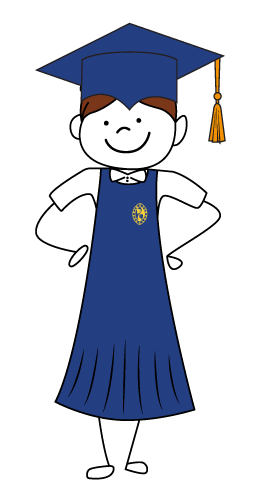
Curriculum summary of Arabic:
- KS1 (Letters and sounds, word and simple sentence formation)
- KS2 (Reading, descriptive writing, comprehension, and grammar)
- KS3 (Reading, writing, comprehension, poetry, debate and grammar)
Curriculum summary of Islamic studies:
- Islamic Studies covers the general etiquette relating to different areas and situations in a Muslim’s life. It also covers the aspects of beliefs, practices and moral conduct in addition to learning the holy Quran the sayings of Prophet Mohammed peace be upon Him.
Curriculum Summary of QH:
- The concept of homeland
- The Characteristics of the Qatari society
- Role of Qatar in preserving the heritage.
- Colonial Forces in Qatar and the Arabian Gulf

4. Key Stages

